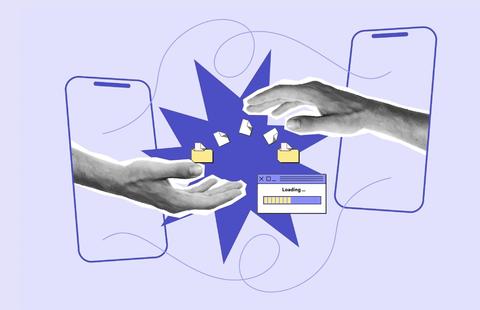1. Google’s I/O announcements – May 2023
Google’s annual I/O event is always highly anticipated, and with the circulating news surrounding the development of AI, this year’s event in May was no different.
As expected, AI-powered solutions were front and centre.
Here’s the gist of what was announced
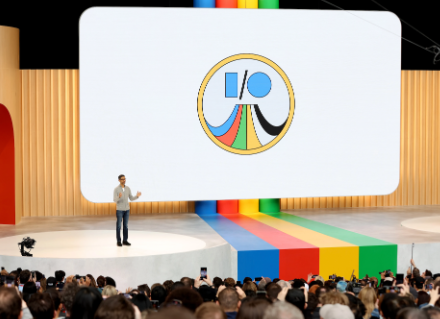
1. Introduction of search generative experience
Google’s new search generative experience dramatically rethinks how consumers interact with the search engine.
Thanks to recent advancements in AI and language processing, this new feature allows users to go beyond traditional keyword-based search queries and engage in interactive discussions with the search engine.
In recognising the user’s intent and context, this generative experience provides more relevant and personalised search results with an intuitive path.
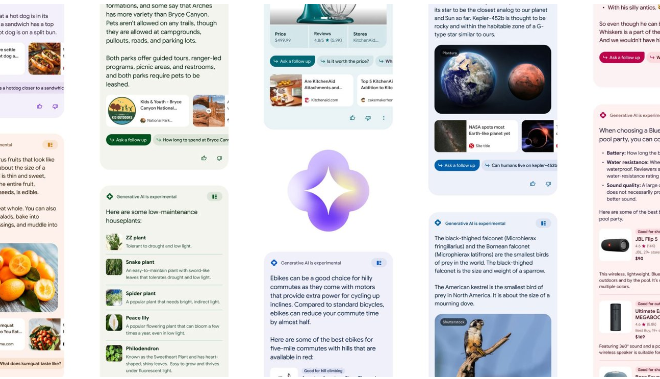
2. AI-powered snapshots to replace snippets in search
Going one step further, Google Snapshots have added a new layer to the search experience by giving users a visual summary of the information within search results.
This tool can gain a comprehensive overview of a subject, complete with useful images, videos, and links.
By offering a condensed picture of a range of topics, Snapshots allows users to quickly collect relevant information and dig deeper into related visual content.
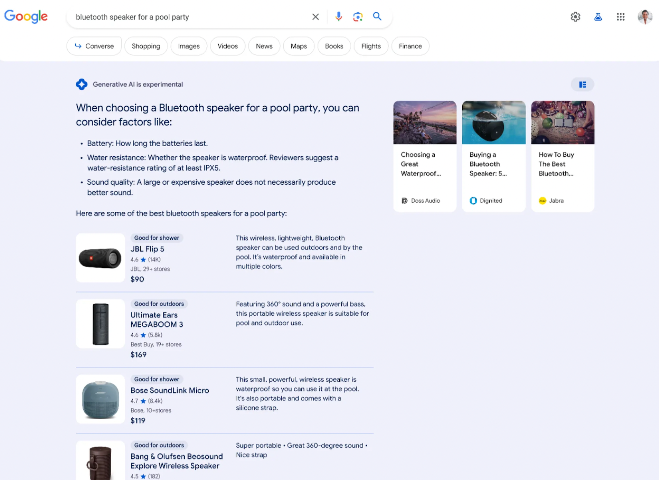
3. Google's conversational mode
This groundbreaking feature will revolutionise the way users interact with Google Search by enabling them to have informal conversations with the search engine.
For a more engaging and personalised experience, conversational mode allows users to easily ask follow-up questions, seek clarification, and explore relevant topics.
Whether they’re hunting for recommendations, answers, or just trying to understand a topic, the level of nuance offered by Google’s conversational mode will redefine the usability and effectiveness of the search process.
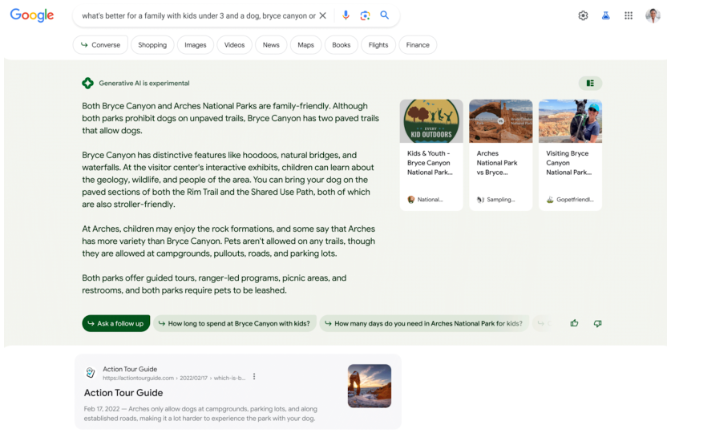
4. Automated Ad creation and campaign optimisation
Using language processing and machine learning, Google Ads can automatically generate ad copy, headlines, and creatives. This upgrade won’t just save marketers time and money; it’ll enhance the quality of their output.
On top of this automation, AI will also be used to optimise campaign performance dynamically by adjusting targeting, ad placements, and bid strategies based on real-time performance tracking.
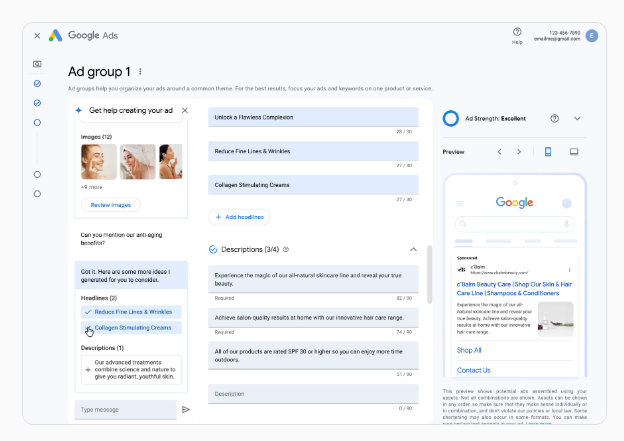
5. AI-powered audience targeting and segmentation
These new AI-powered methodologies will take audience targeting and segmentation to the next level, with marketers now getting greater insight into relevant user qualities, interests, and behaviours.
By understanding their exact audiences and adjusting their marketing messaging accordingly, marketers can optimise ROI and increase campaign performance like never before.
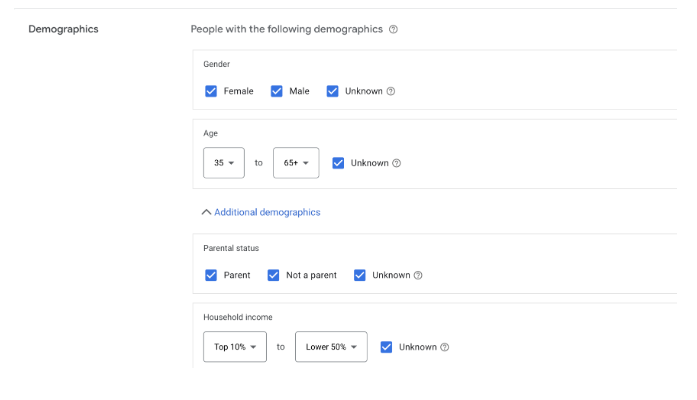
6. Customer insights and predictive analytics
New AI predictive analytic tools will evaluate large data sets, identify trends, forecast customer behaviour, and provide helpful recommendations.
Based on the insight these new tools provide, digital marketers can optimise their customer satisfaction and experience strategies with greater ease and accuracy.
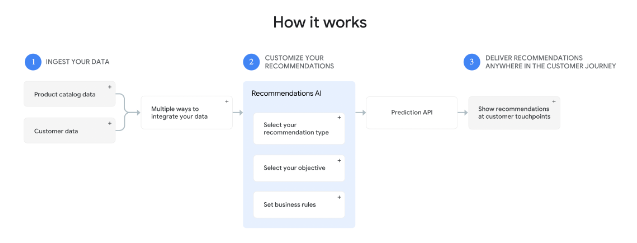
7. Visual updates in search
Google’s AI innovation accounts for the growing popularity of visual search enquiries.
To combat the misuse of AI-generated images, a new ‘About this image’ tool will help people quickly assess the context and credibility of images that appear in Google search results.
A new Perspectives filter will also leverage visual content by providing searchers with personal recommendations of posts, videos, and images from real people on social media and online forums.

2. Meta Introduces the AI Sandbox for Advertisers
Announced in May 2023 — Meta’s new AI Sandbox for digital marketing has sparked excitement and creativity throughout the industry.
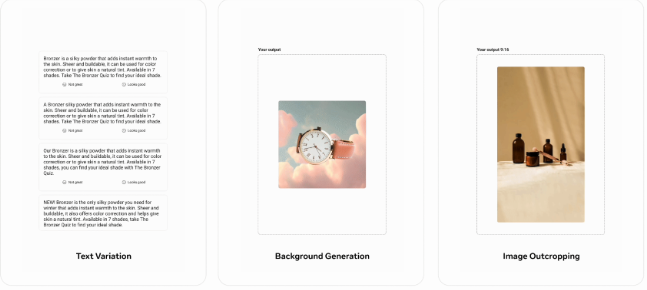
As a trial area for Meta’s new tools and features, AI Sandbox allows advertisers to offer feedback about new tools on Meta’s Ads Manager.
Thanks to Meta’s sizable data set and powerful AI capabilities, marketers can use the platform to test, iterate, and experiment with their AI-driven marketing tools.
Whether it’s trialling text variation, image outcropping, or background generation — the AI Sandbox can help marketers find new opportunities for customer engagement and generate more successful campaigns.
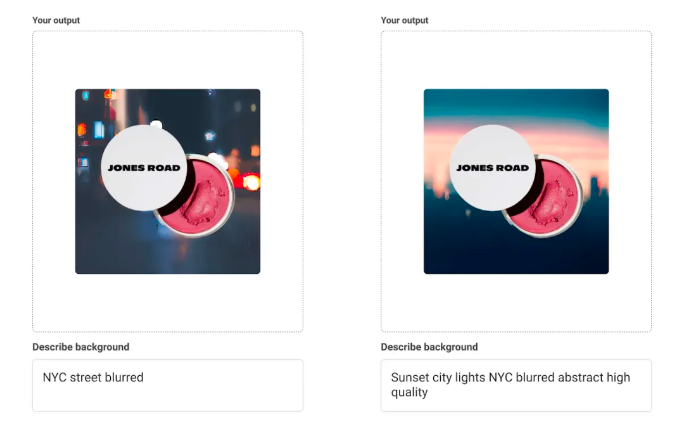
3. The Google Analytics 4 Takeover – Beginning July 1
As of July 1st, all marketers must move their analytics accounts over to Google Analytics 4 (GA4). While you’ve almost certainly heard about the impending switch, you may wonder why it’s necessary.
The firm deadline might seem dramatic, but it emphasises the importance of keeping up in an increasingly data-centric digital environment.
Since its release, Google Analytics 4 has established itself as a powerful analytics tool for online marketers, with this transfer heralding a change to an analytics platform that’s more cutting-edge and future-oriented.
While GA4 includes many new and improved features, we believe these three will have the most significant impact.
1. User behaviour insights
Businesses can trace user interactions across many devices and channels thanks to the improved cross-platform measurement, which gives them a more complete picture of the customer journey.
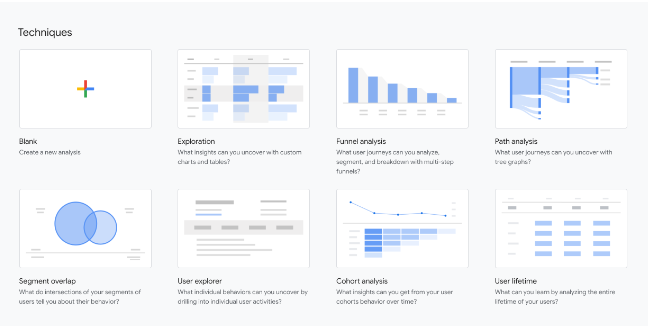
2. Customised reports
GA4 users can enjoy increased personalisation and customisation capabilities, which lets them tailor reports and analytics to suit their unique business objectives.
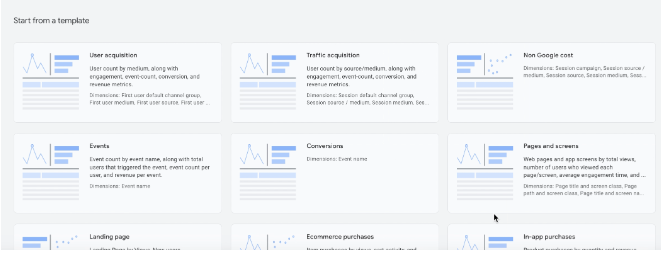
3. Predictive analysis
Made possible by machine learning, GA4 offers predictive metrics like purchase, churn probability, and predicted revenue. This can help marketers account for changes in user behaviour by spotting trends and anomalies so they can pivot ahead of time.
Ultimately, by switching to Google Analytics 4, marketers can improve user experiences, optimise their strategies, and generate real commercial results.
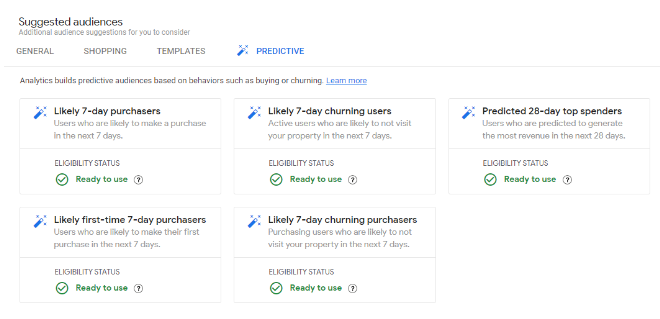
Conclusion
Getting acquainted with the most up-to-date tools and technology is essential for any business competing in the ever-evolving digital marketing landscape.
If you’re not rethinking how your content will rank in Google’s Search Generative Experience, trialling new ad design with Meta’s AI Sandbox or learning about customer behaviour in GA4 — your competitors will be.
It’s clear AI and machine learning are at the heart of these industry changes, and a dependency on data-driven insights will only increase.
Written by
Tahlia Reynolds




